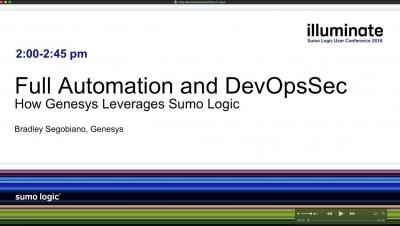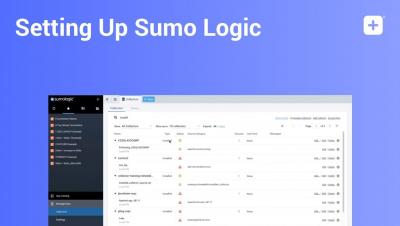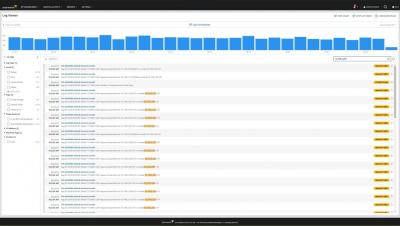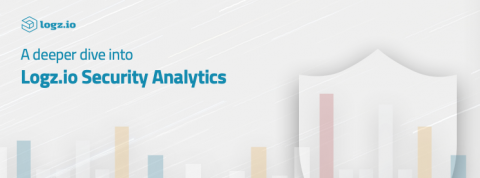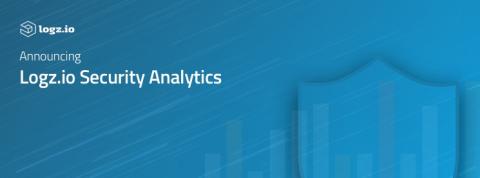Monitoring and Logging Requirements for Compliance
Addressing compliance requirements for monitoring and logging can be a challenge for any organization no matter how experienced or skilled the people responsible are. Compliance requirements are often not well understood by technical teams and there is not much instruction on how to comply with a compliance program. In this article, we’ll discuss what some of these new compliance programs mean, why they are important, and how you can comply with your logging and monitoring system.






